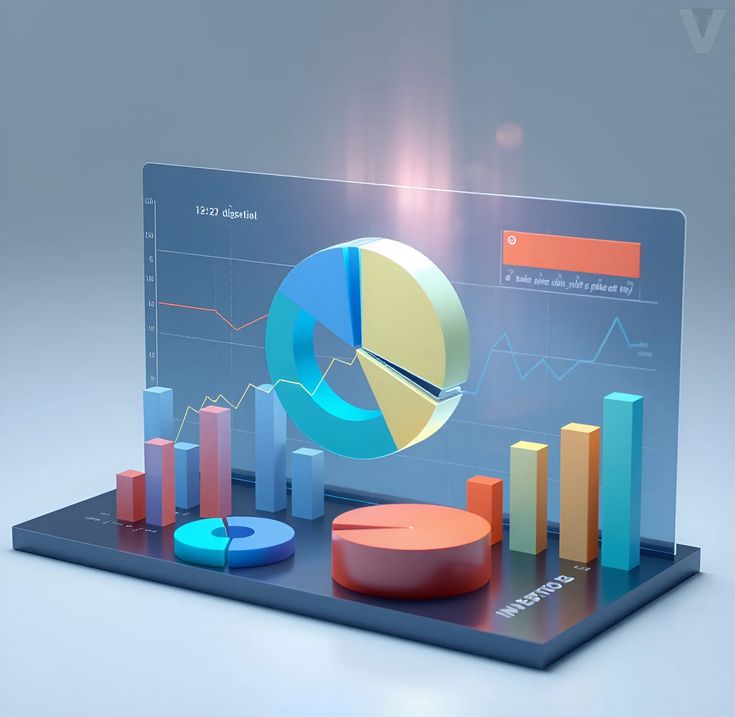
PG Diploma Courses: Duration, Eligibility, Fees & Career Scope
PG Diploma Courses: Duration, Eligibility, Fees & Career Scope
In today’s competitive job market, a bachelor’s degree alone is not enough. Employers now prefer candidates with specialised and practical skills. They want people who can apply their knowledge directly to their work.
This is where Postgraduate Diploma (PG Diploma) programmes play an important role. These programmes offer employment-focused education that bridges the gap between academics and industry. They prepare graduates for leadership roles and better job opportunities.
Whether you are a recent graduate or a working professional, the pg diploma courses can add strong value to your career.
What Are PG Diploma Programmes?
PG Diploma Programmes are advanced short-term qualifications designed to build industry-specific and practical skills. Unlike traditional master’s degrees, PG Diplomas usually last one to two years. They emphasise hands-on learning through case studies, projects, and professional exposure.
A PG Diploma is considered equal in knowledge level to a postgraduate degree but requires less time. These courses are more focused on career readiness and practical training.
Students can choose to specialise in risk management, data analytics, finance, marketing, or supply chain management, among other areas.
If you are exploring the best course after graduation, a PG Diploma can be a smart choice for building a career aligned with industry needs.
Duration of PG Diploma Courses
Most pg diploma courses take one year to complete. Some, depending on the specialisation or institution, may take two years.
This shorter duration allows students to gain advanced knowledge quickly and enter the workforce sooner.
For example, one-year PG Diplomas in Risk Management or Business Analytics provide full training and practical exposure. These prepare students for managerial and specialised roles.
Many institutions now offer flexible learning options such as weekend or online classes. These are particularly helpful for working professionals who wish to upgrade their skills.
Eligibility for PG Diploma Programmes
Applicants must hold a recognised bachelor’s degree in any discipline. However, some institutions may prefer students from commerce, finance, or business backgrounds depending on the course.
For example, candidates applying for a PG Diploma in Risk Management or Finance may need basic knowledge of economics, accounting, or mathematics.
Work experience is not mandatory for most courses but can be an advantage during admissions or placements.
Overall, these programmes are ideal for graduates who wish to build employability and gain expertise in their chosen field.
Fee Structure for PG Diploma Programmes
Fees vary depending on the institute and specialisation. On average, the cost ranges between INR 1.5 lakh and INR 6 lakh for a one-year course.
Courses such as Business Analytics, Finance, and Risk Management are usually at the higher end of this range. This is due to their advanced curriculum and strong industry demand.
However, these programmes offer a high return on investment (ROI). Graduates often find well-paying roles in consulting firms, corporates, or financial institutions.
Career Opportunities After PG Diploma Courses
PG Diploma Courses combine academic knowledge with real industry needs. Graduates can work across finance, consulting, marketing, data analytics, operations, or risk management.
For example:
- A PG Diploma in Risk Management can lead to roles such as Risk Analyst, Compliance Manager, or Financial Consultant.
- A PG Diploma in Business Analytics opens positions like Data Analyst, Business Intelligence Expert, or Strategy Manager.
- Marketing and HR Diplomas lead to roles in brand management, digital marketing, or organisational development.
In today’s world, specialisation matters. PG Diploma Courses provide the right balance of theory and practice, leading to better career growth and higher salaries.
GRMI – Leading the Way in PG Diploma Education
The Global Risk Management Institute (GRMI) is one of India’s top institutions for management education. Its flagship Post Graduate Diploma in Risk Management (PGDRM) is designed for both graduates and professionals.
Highlights of GRMI’s PGDRM Programme:
- Comprehensive Curriculum: Covers financial, operational, strategic, cyber, and enterprise risk.
- Industry Tie-Ups: Collaborations with leading corporates allow students to learn from industry experts.
- Global Relevance: The curriculum aligns with international risk management frameworks, improving global employability.
- Strong Placement Support: GRMI maintains excellent industry connections, leading to placements in finance, consulting, and corporate roles.
- Flexible Learning: Suitable for both recent graduates and working professionals aiming to reskill or advance their careers.
The PGDRM programme not only builds expertise in risk management but also enhances analytical and leadership skills. For graduates seeking a course that combines global recognition and real-world value, GRMI’s PGDRM is an excellent choice.
Why Choose a PG Diploma Over a Traditional Degree?
While a master’s degree provides academic depth, a pg degree focuses on employability and industry relevance.
These programmes connect students directly to industry through internships, corporate projects, and live case studies. They also require less time to complete, making them more accessible for early career growth.
Conclusion: Take Your Career to the Next Level
In a world that values specialisation, pg diploma courses are a strong step toward professional success. They build focused knowledge, hands-on experience, and skills that traditional degrees may lack.
Institutions like GRMI have transformed postgraduate education through industry-aligned programmes. The PGDRM at GRMI is among the best PG Diploma Courses available today for graduates aiming to build careers in risk management and corporate leadership.
If you are searching for the best course after graduation, consider GRMI’s Post Graduate Diploma in Risk Management. It blends academic excellence with real-world application and prepares you to become a future-ready professional.
FAQ's
Q1. What distinguishes a master’s degree from a postgraduate diploma?
Ans. A postgraduate diploma is more practical in nature and has a shorter length. In contrast, a master’s degree is more scholarly and focused on research. For people who wish to acquire employable skills and join the workforce sooner, postgraduate diplomas are perfect.
Q2. After earning an undergraduate degree, is it possible to pursue a postgraduate diploma?
Ans. Yes, Graduates from any discipline are accepted into the majority of postgraduate diploma programmes. However, students with a similar academic background may be preferred for some specialisations, such as risk management or finance.
Q3. Do postgraduate diploma programmes aid in obtaining good employment?
Ans. Of course. pg degree are created with involvement from the business and frequently involve projects or internships that help students become ready for the workforce. Soon after graduation, a large number of graduates land jobs in marketing, analytics, finance, and consulting.
Q4. What makes GRMI’s PGDRM programme superior to other postgraduate diplomas?
Ans. The global curriculum, industry relationships, and placement history of GRMI’s Post Graduate Diploma in Risk Management (PGDRM) make it stand apart. The curriculum prepares students to work with top companies in India and beyond by providing them with extensive exposure to financial, operational, and cyber risks.
You may also like

Why Choose a Diploma of Information Technology?



